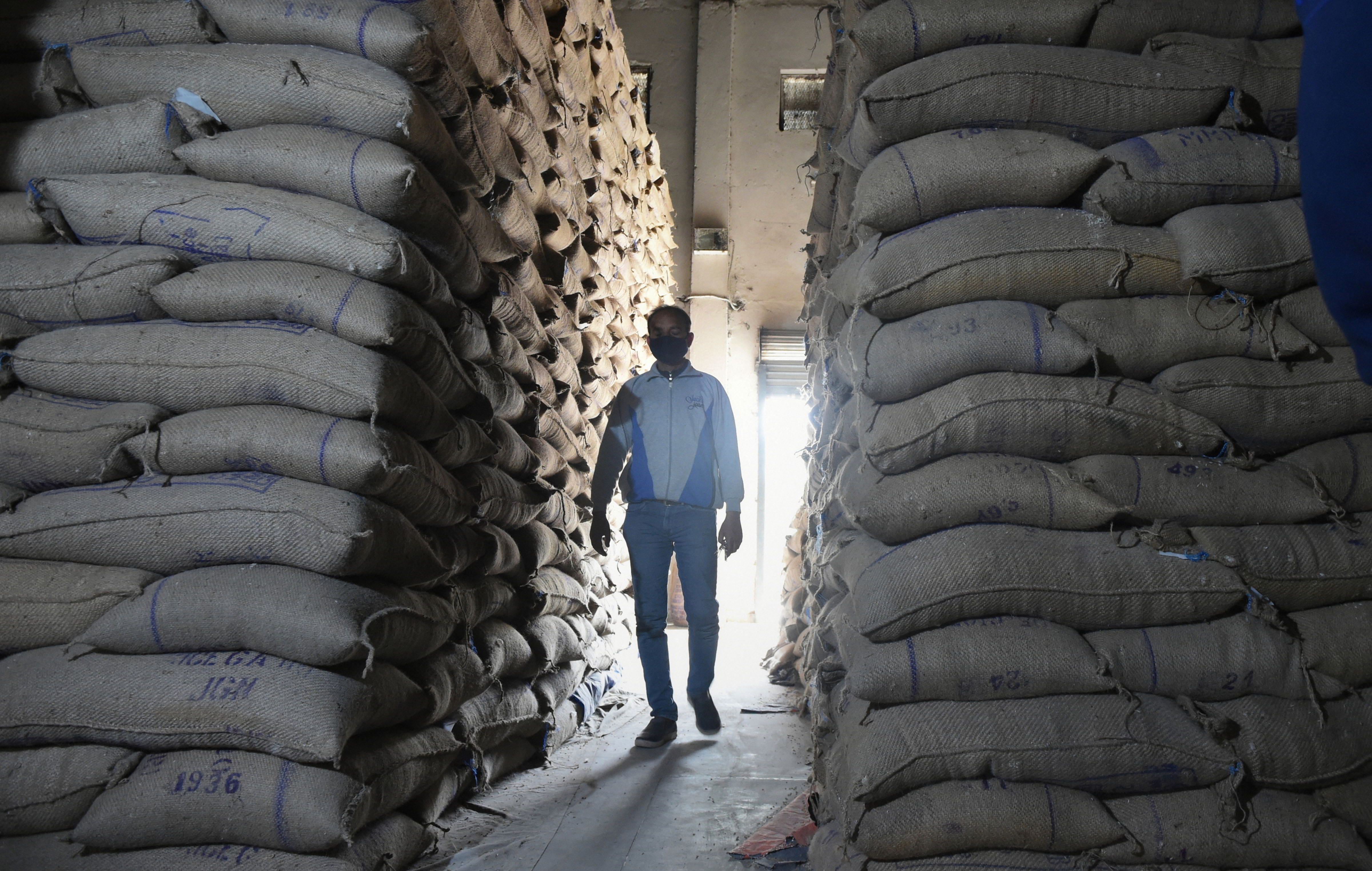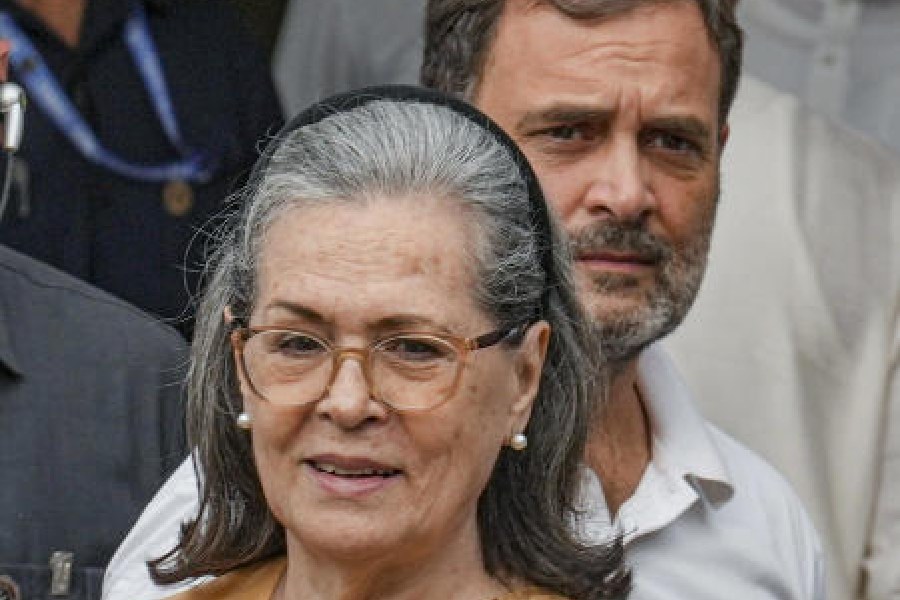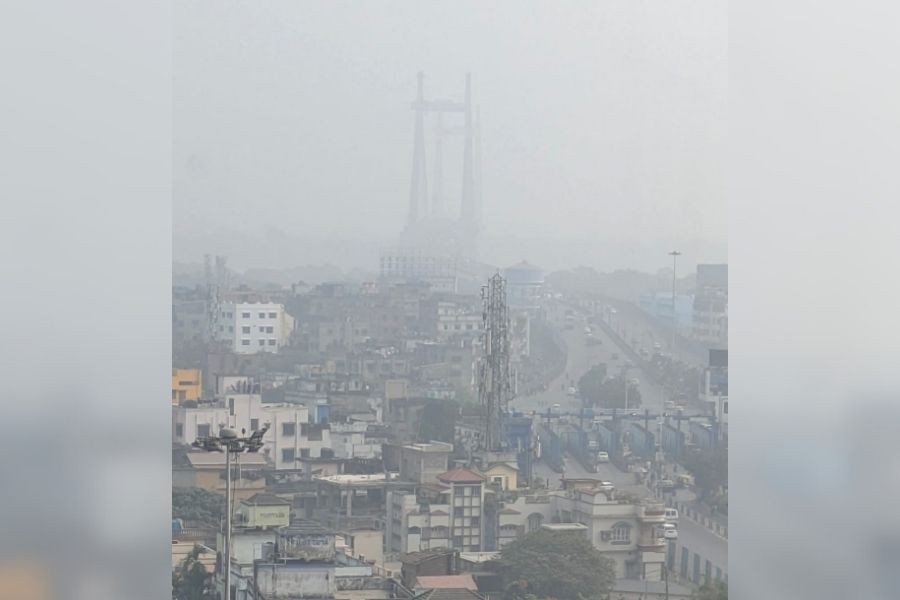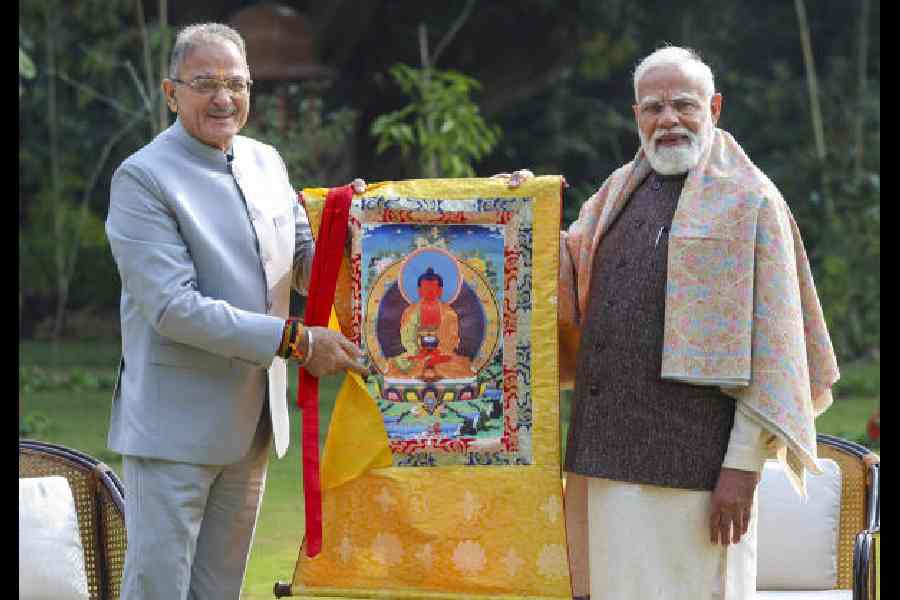India’s foodgrain stocks have never been so bountiful, yet the government is struggling to ensure that no one remains hungry in the middle of the coronavirus pandemic that has sparked an unprecedented emergency involving jobless migrant workers, thousands of whom are stranded away from their homes.
Stocks with Food Corporation of India was estimated to be around 77 million tonne in March, more than three times the buffer stock of 21 million tonne FCI is supposed to maintain, prompting Union food & public distribution minister Ram Vilas Paswan to confirm to the public news broadcaster about surplus foodgrains.
“We don’t have any shortage of food grain stock in godowns and we have double the stock from what is needed,” Paswan said days ago.
This year, India is set to harvest a record 106.21 million tonne wheat, the main rabi crop. And according to the government’s second advance estimate released in February, total rabi food grains, that include pulses and coarse grains, were projected at 149.60 million tonne, up 4.10 per cent from last year.
“It is crazy. There has never been such storage levels in India. I don’t even think FCI has storage capacity to that extent,” said economist and social scientist Jean Drèze.
Devinder Sharma, a food and trade policy analyst, told The Telegraph online that because of the robust food reserves, roughly estimated before the lockdown to touch 87 million tonne by July, India was in a secure position to fight the coronavirus.
“We don’t have to worry about food supplies for the entire nation for at least the next one year. This is at a time when countries are closing its borders for food exports. If this wasn’t the case we would have been fighting on two fronts, one would be the pandemic and the other would be hunger,” he explained.
But unfortunately, he said, India was still fighting on two fronts, despite the food stocks buffer. “When you have stocks why do you need to worry? The government should take steps to ensure there is no hunger in this country,” Sharma added.

Extraordinary crises require extraordinary solutions… Open these stocks for anyone who is hungry. Feeding the nation is the government’s responsibility
Devinder Sharma, a food and trade policy analyst
Drèze explained various issues impacted the Centre’s handling of the situation, primarily an anomaly linked to food-subsidy accounting. “It would cost nothing, in economic terms, for the central government to off-load some of the excess stock and give it to the state,” the economist said.
“We should (not) think of the economic cost which is zero. There may be a small economic cost in transportation,” he added.
On April 13, Paswan tweeted that around 30 lakh tonne foodgrain was loaded and transported across the country by the railways before the lockdown.
Experts have suggested that transportation of food grains isn’t the issue, especially now that movement of goods have opened up. The real concern is about those who do not have ration cards, especially thousands of migrant labourers who are stranded.
The reality is that a large number of people still do not have ration cards. These are people who may have formed new family units, migrated to other cities in search of work or may have found that their ration cards have been cancelled because these could not be linked with their Aadhaar cards.
And many households, that were getting by because family members had work earlier, found their fortunes had changed overnight because the nationwide lockdown had robbed them of steady employment.
Paswan had said that those who are stranded were to be fed from state disaster funds. “The state governments can take as much food grain – Rs 21 per kilo for wheat and Rs 22 per kilo for rice – and further distribute to people,” the minister said. He also cited the government’s decision to provide free ration, which is distributed at Rs 2 or Rs 3 per kg, for three months.
Drèze pointed out that the price quoted by the Union minister was only a few rupees below market price. Also, state governments would not pay for it as they did not have similar resources as the central government.
He suggested the government provide emergency ration cards for 12 months and universalise the public distribution system in rural areas and urban slums across the country.
“It will only make a small dent in the stocks. It would require an extra 20 million tonne of food grains compared to the existing allocation. It would not even be half of the excess stock,” Drèze said.
According to him, releasing food was crucial as the emergency cash transfers proposed by the Union finance minister would be difficult given the low density of rural banks in poorer states.
Sharma believes it’s time for policymakers to forget about cards and minimum norms. “Extraordinary crises require extraordinary solutions. This is an extraordinary crisis… Open these stocks for anyone who is hungry. Feeding the nation is the government’s responsibility,” he said.











